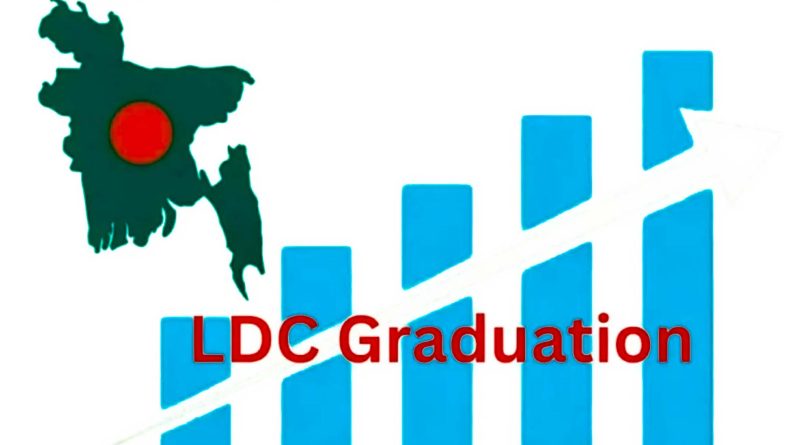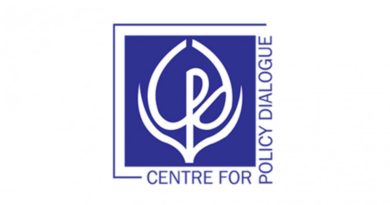Bangladesh must place innovation—technological, institutional, and policy—at the heart of its development strategy to ensure a smooth transition from least-developed country (LDC) status, according to a new policy paper.
The paper, An Innovation Policy Agenda for Bangladesh, argues that embedding pro-innovation reforms in governance will allow the country to balance growth with social welfare and environmental sustainability, helping it reach middle-income status by 2031 and become a developed nation by 2041.
Presented at a Dhaka discussion on Sunday, the study was jointly prepared by the Centre for Market Education (CME), the Bangladesh Institute of International and Strategic Studies (BIISS), and Independent University Bangladesh (IUB).
Diversification beyond garments
The authors warned that overreliance on garments and remittances leaves Bangladesh vulnerable to automation, shifting global demand, and changing migration policies. They urged diversification into agriculture, high-value manufacturing, and services, supported by Industry 4.0 adoption and skills upgrading.
Bangladesh’s GDP growth has already slowed to 3.98% in FY2024-25, down from 6% in 2023, due to inflation, falling private investment, and global headwinds.
Human capital and governance gaps
Speakers stressed the need for investing in education, health, and skills development to prepare for future challenges. Calls were also made for greater digitalisation and unique identification systems in healthcare to strengthen governance.
Competitiveness in both domestic and global markets was another recurring theme, with experts urging export diversification and equal support for sectors beyond apparel.
One discussant noted: “What are the upcoming skills and technologies? We need to analyse the future challenges now.” Another added that without better healthcare investment, human capital development would remain incomplete.






